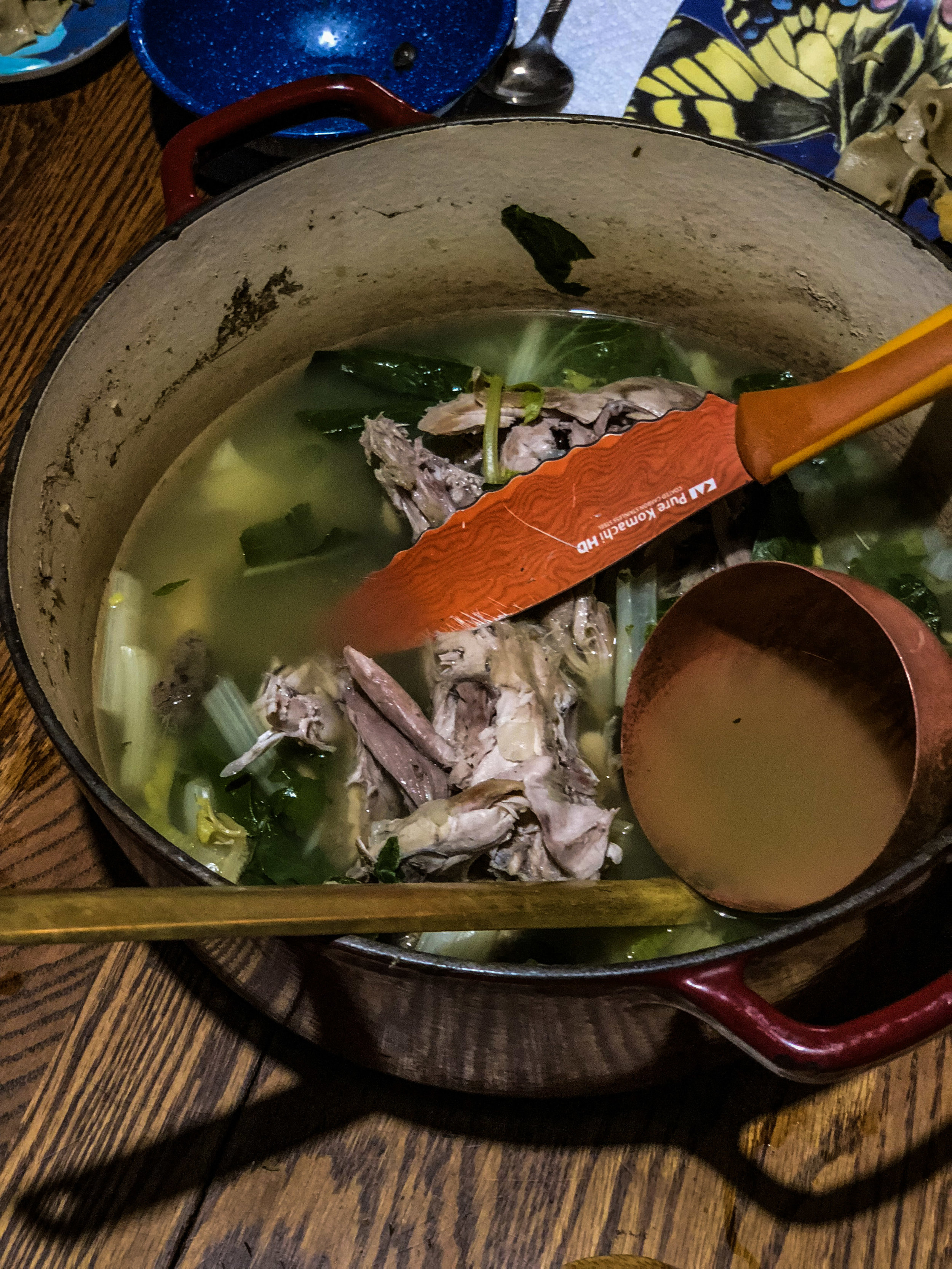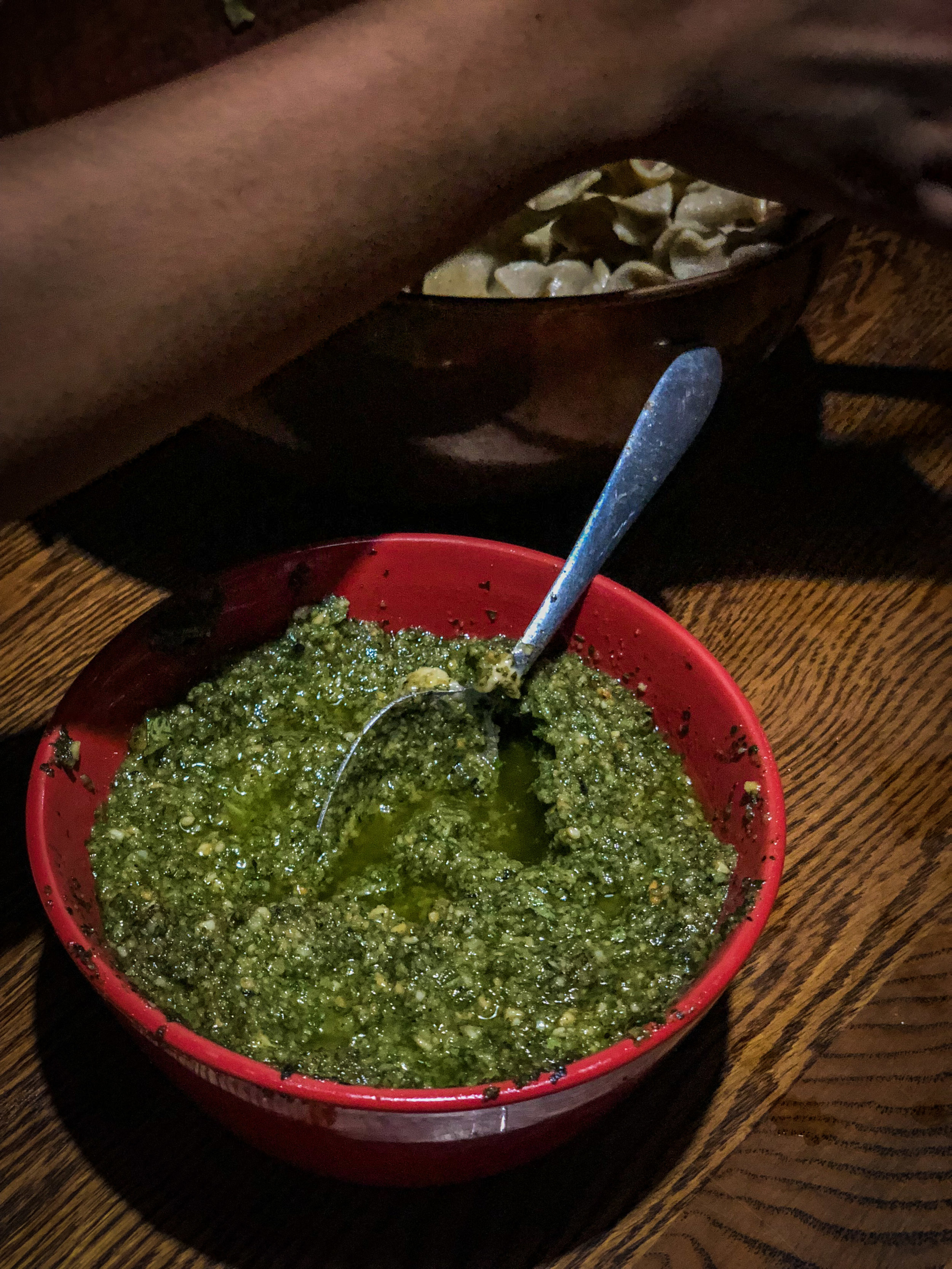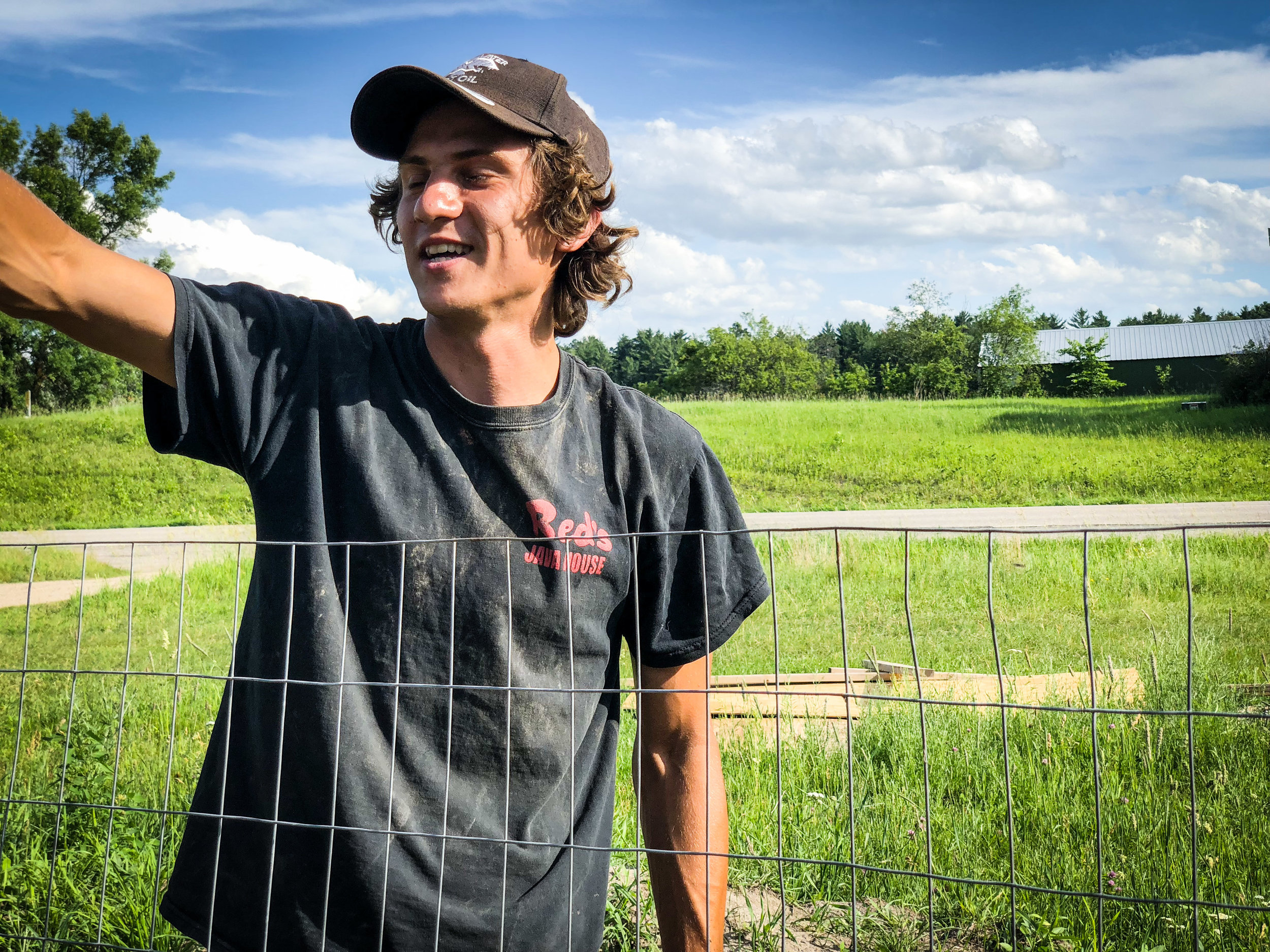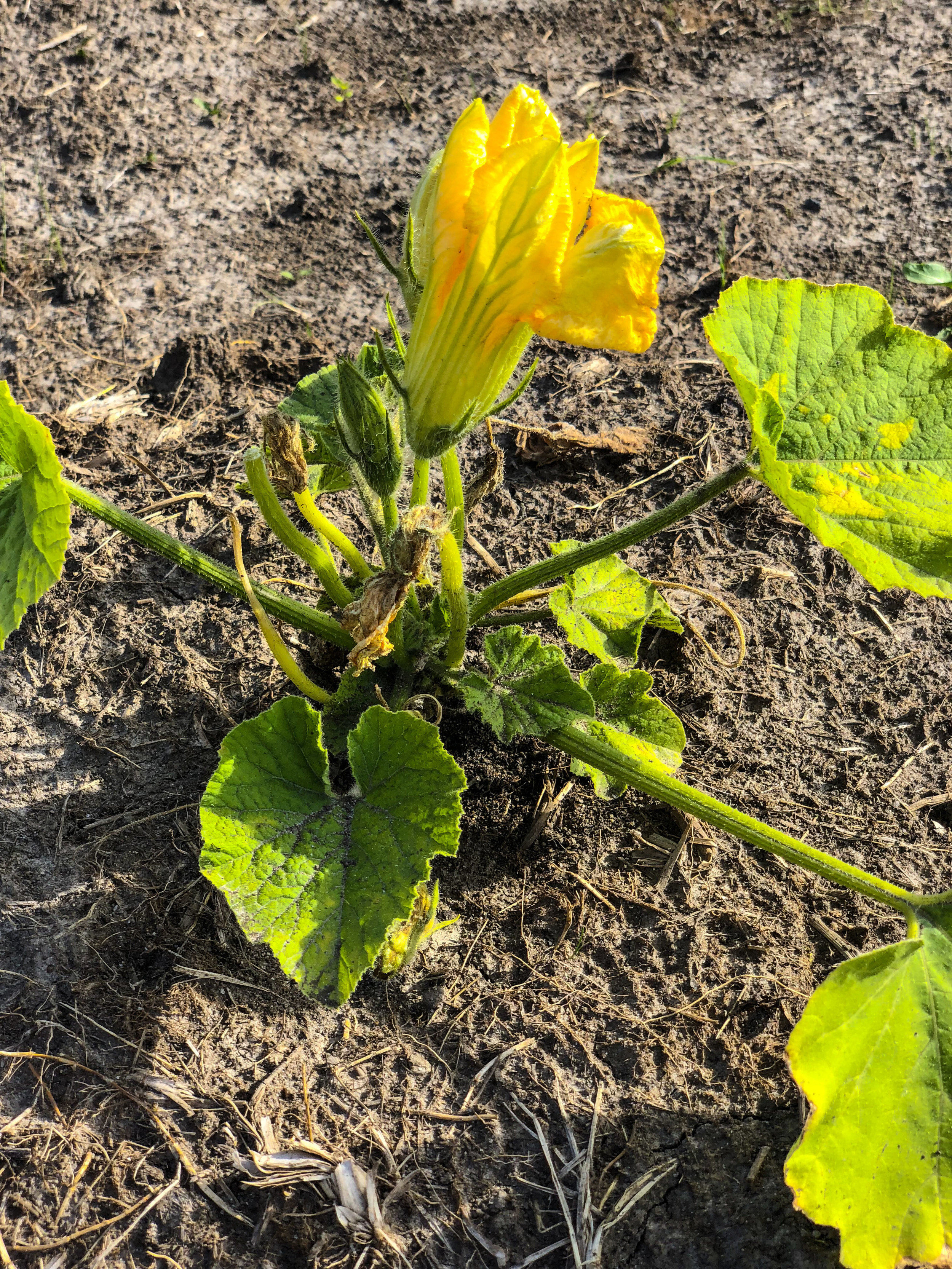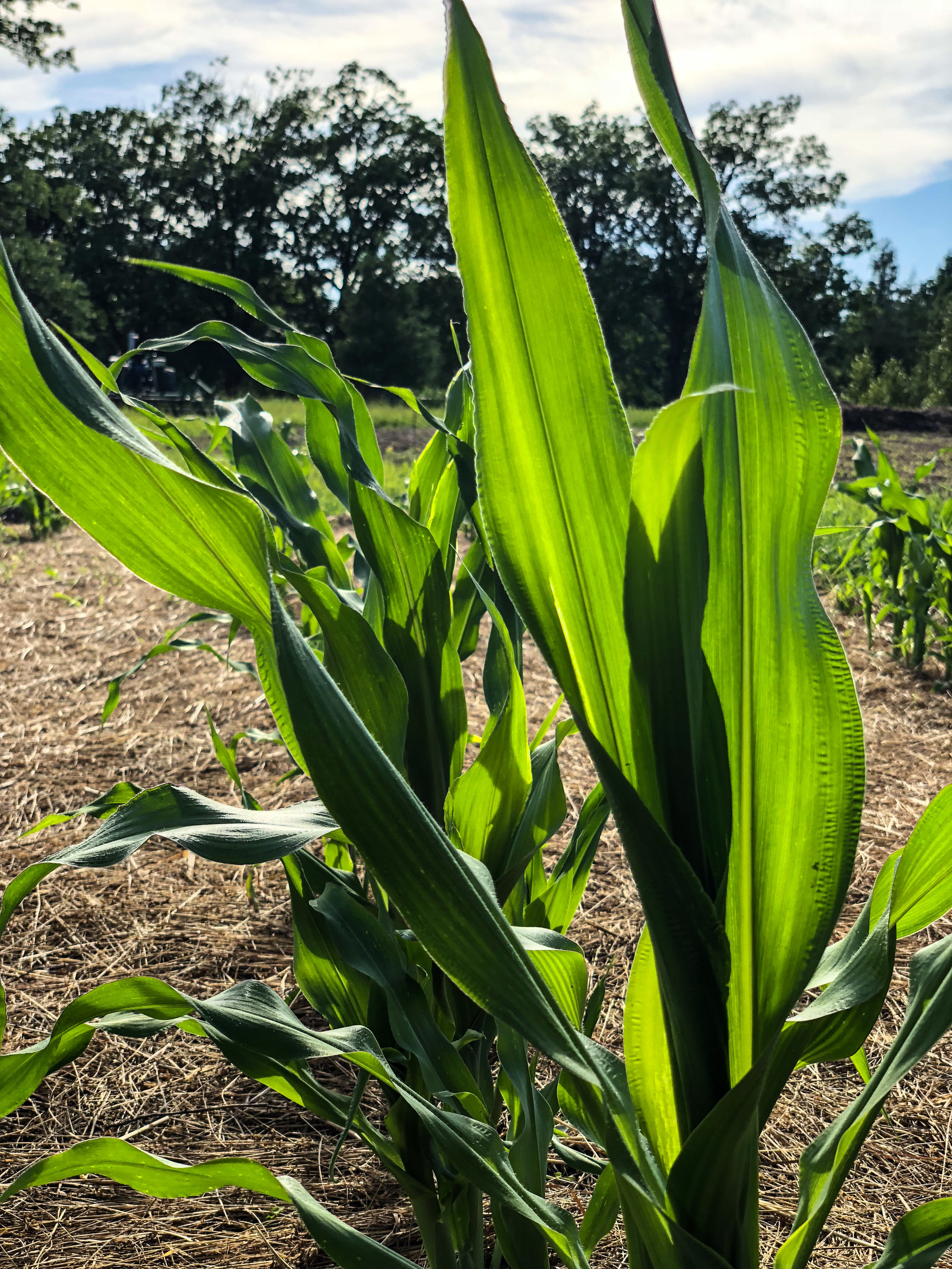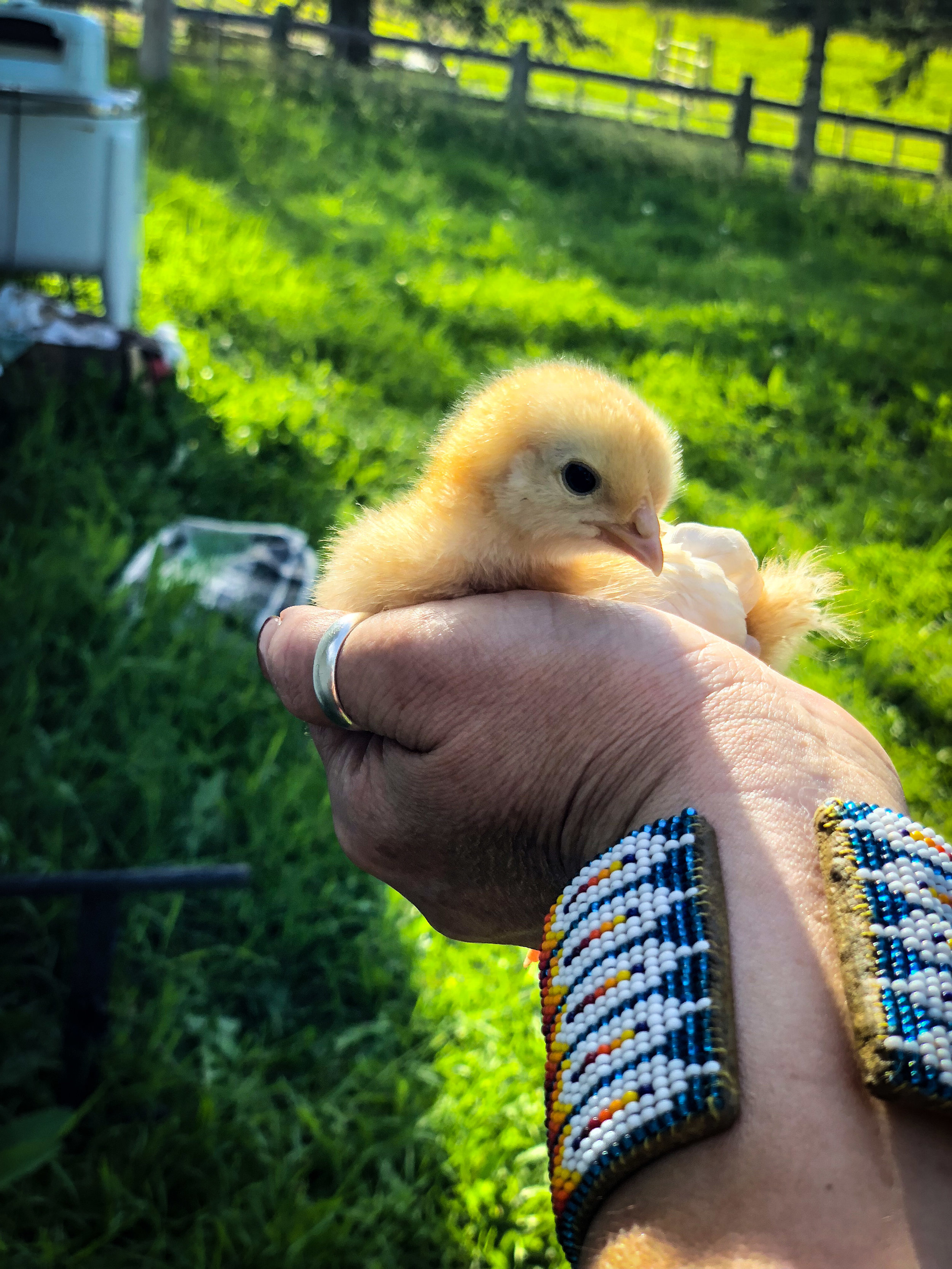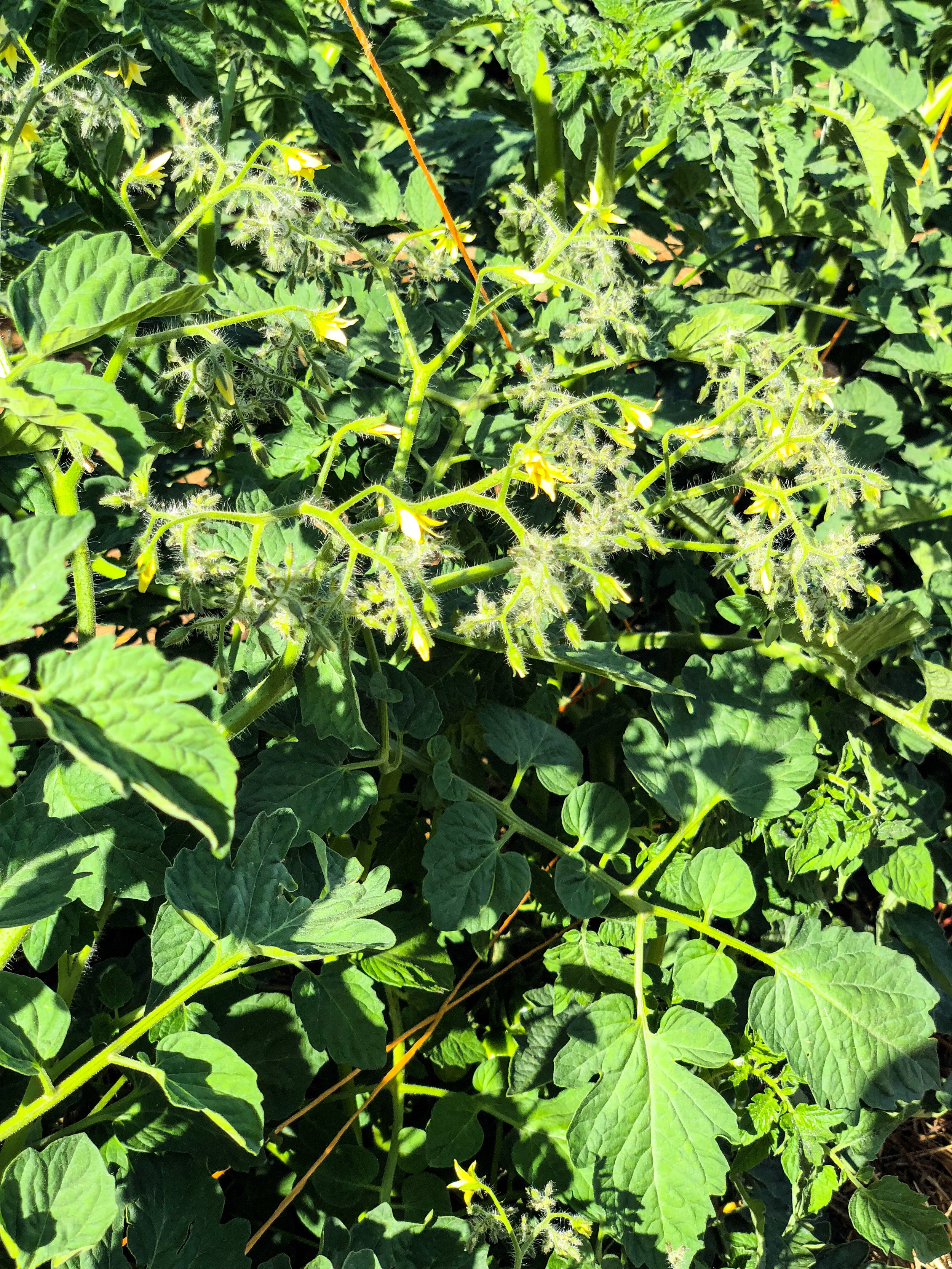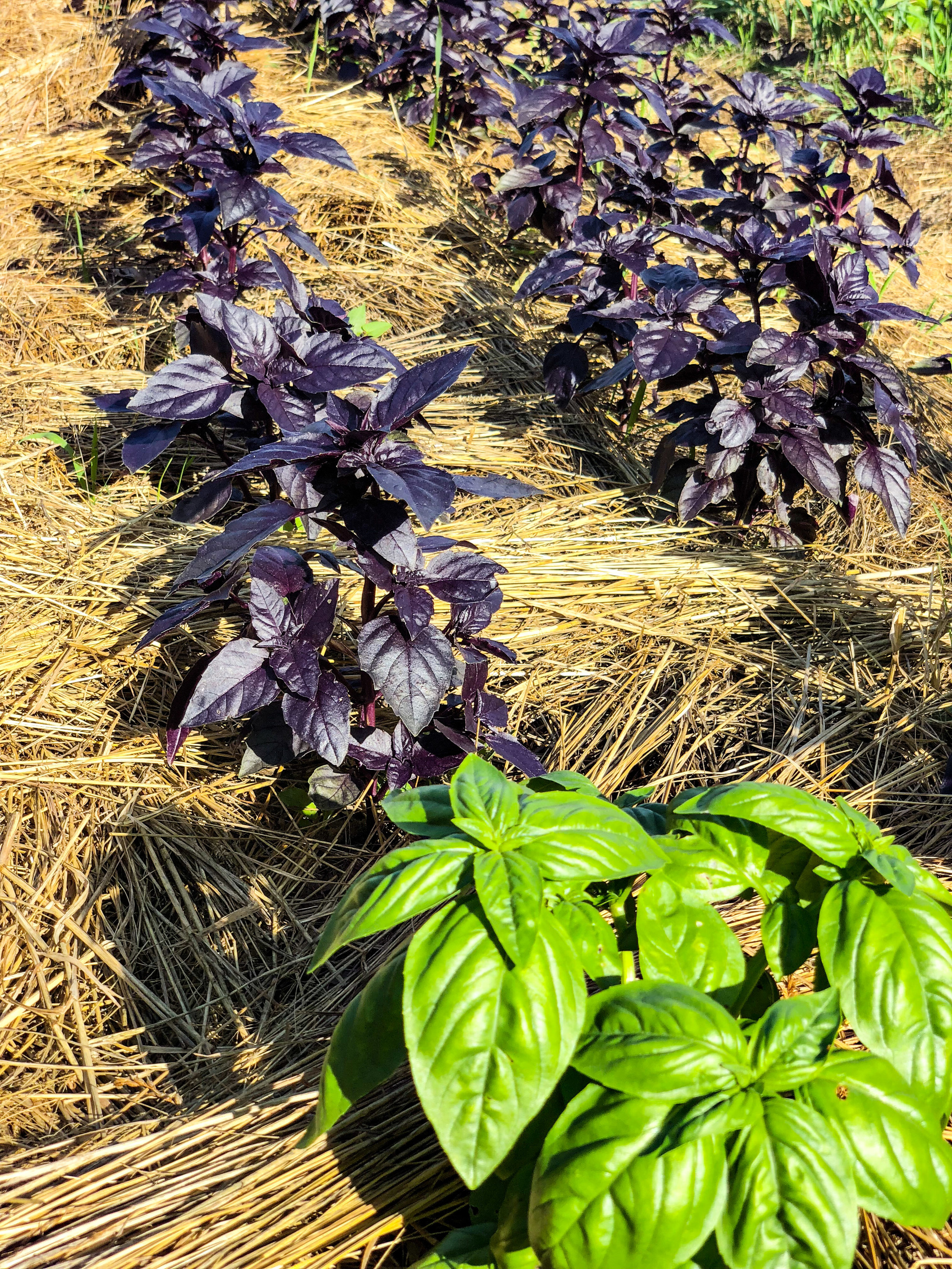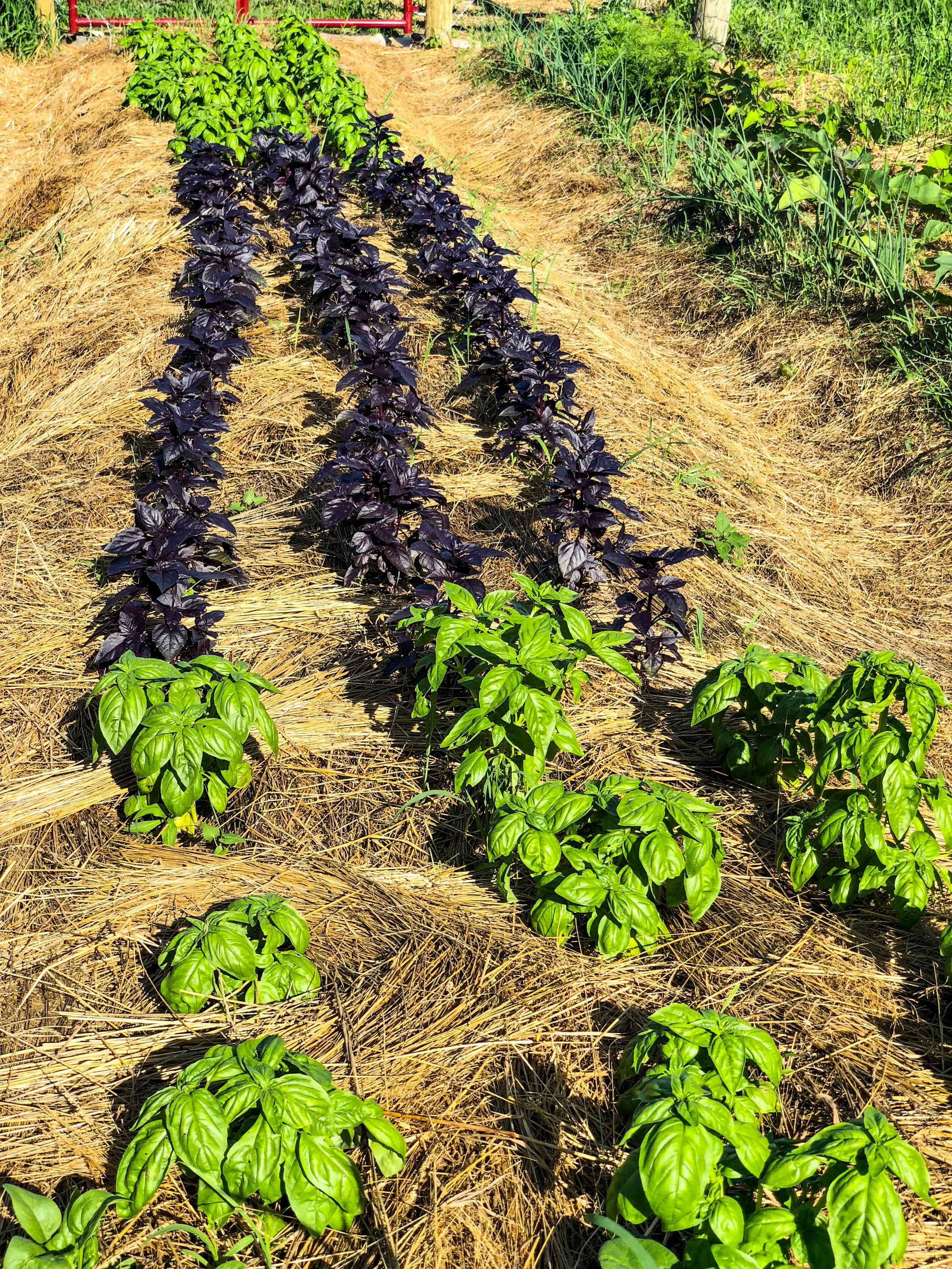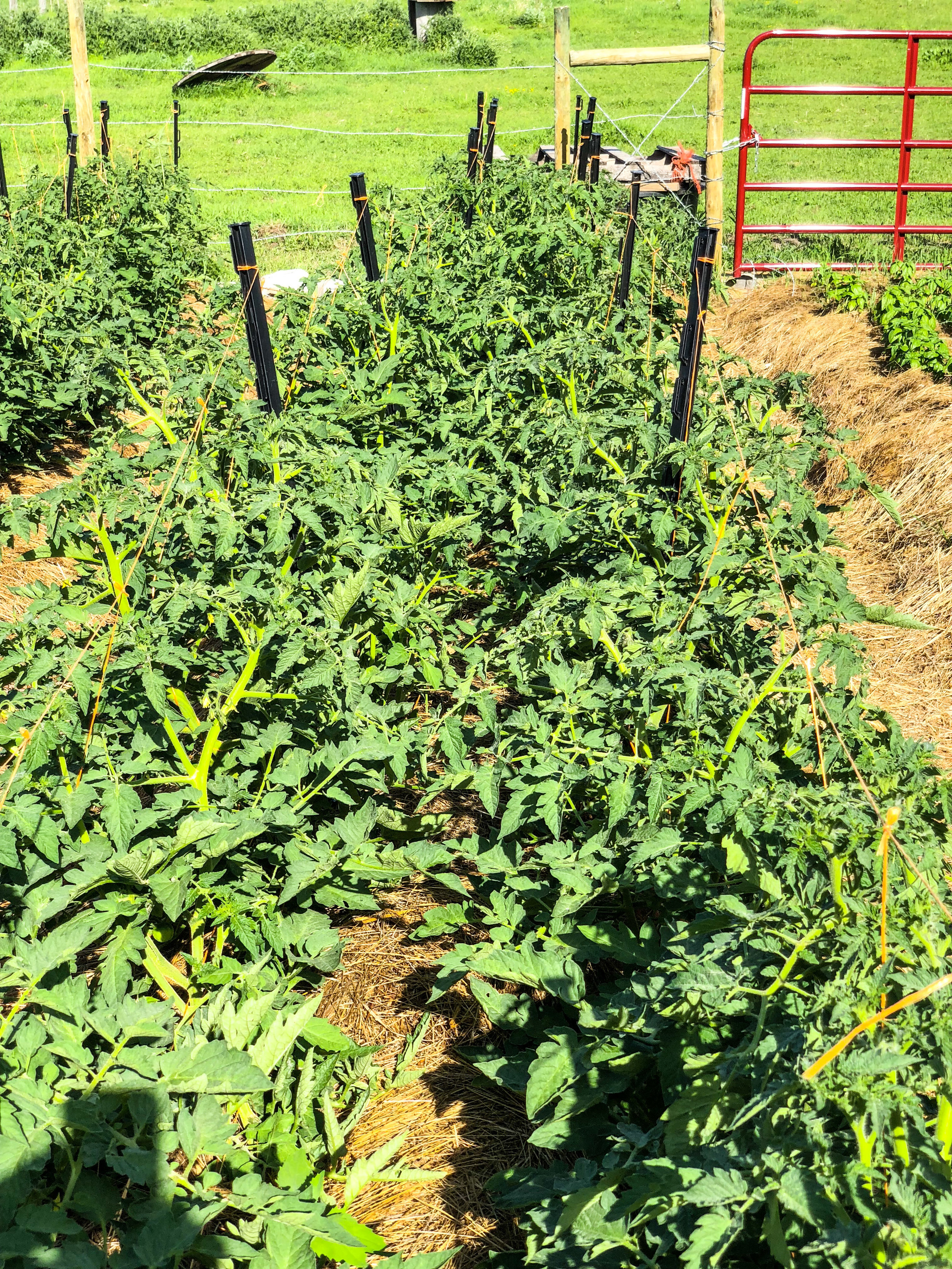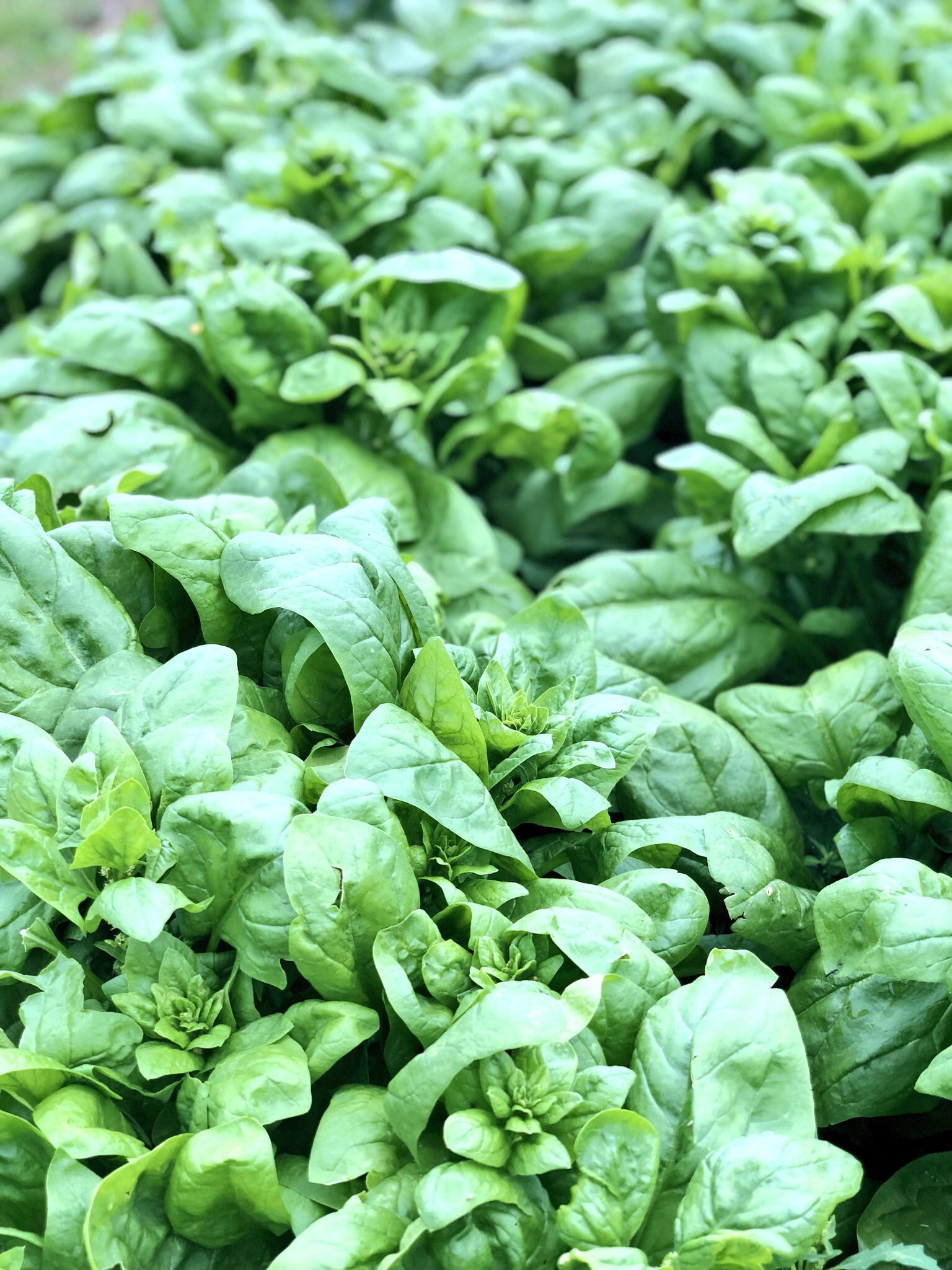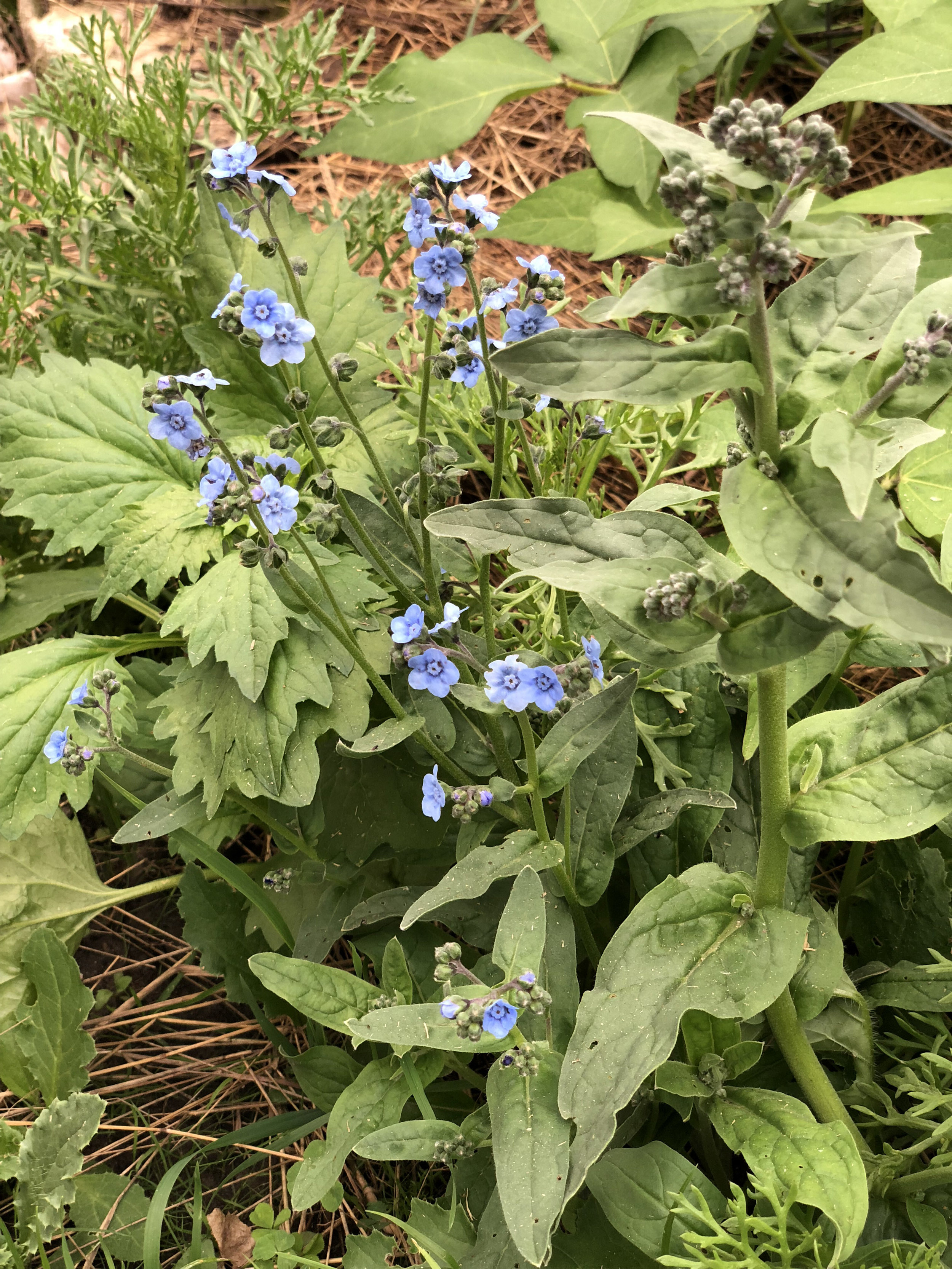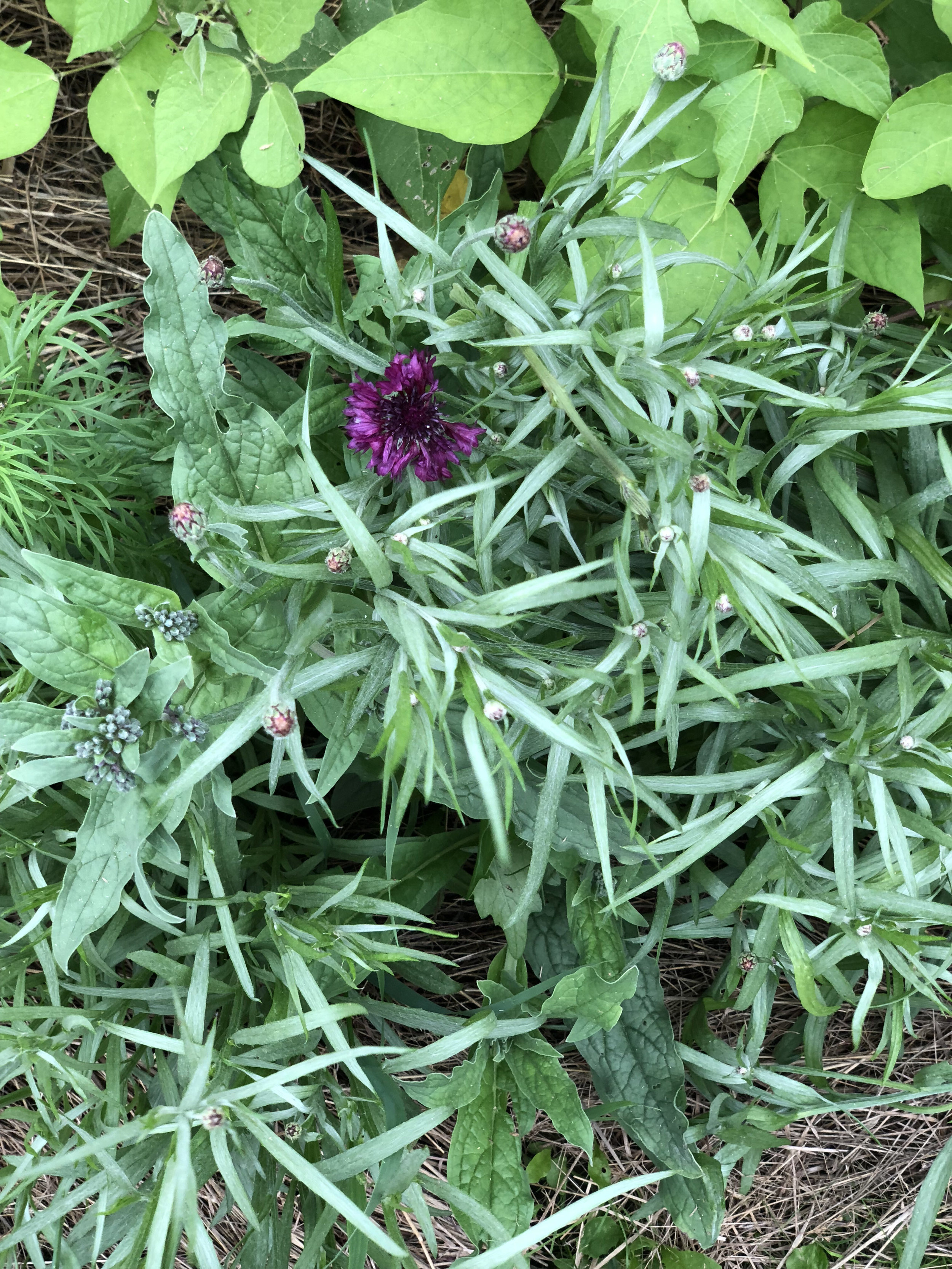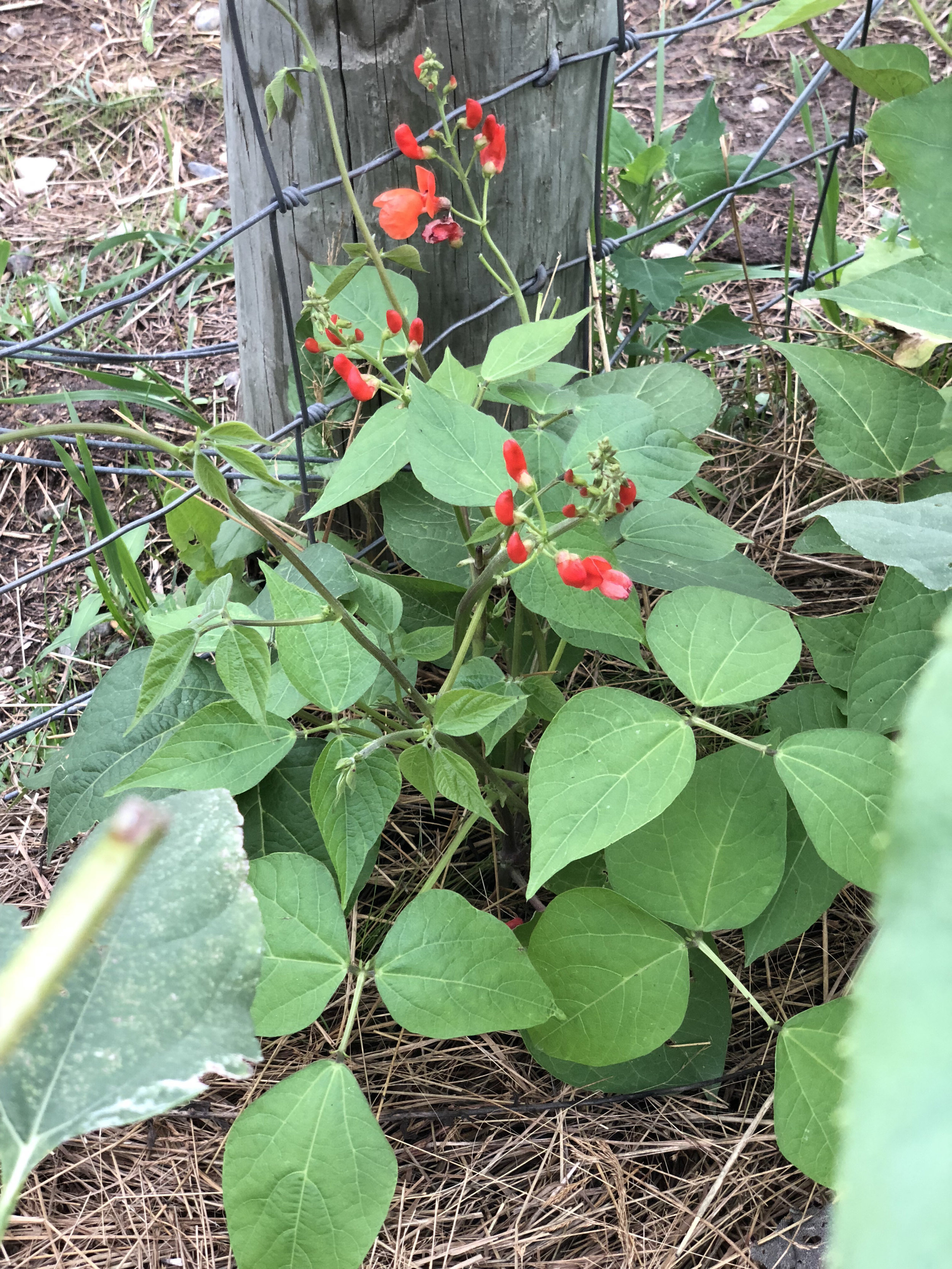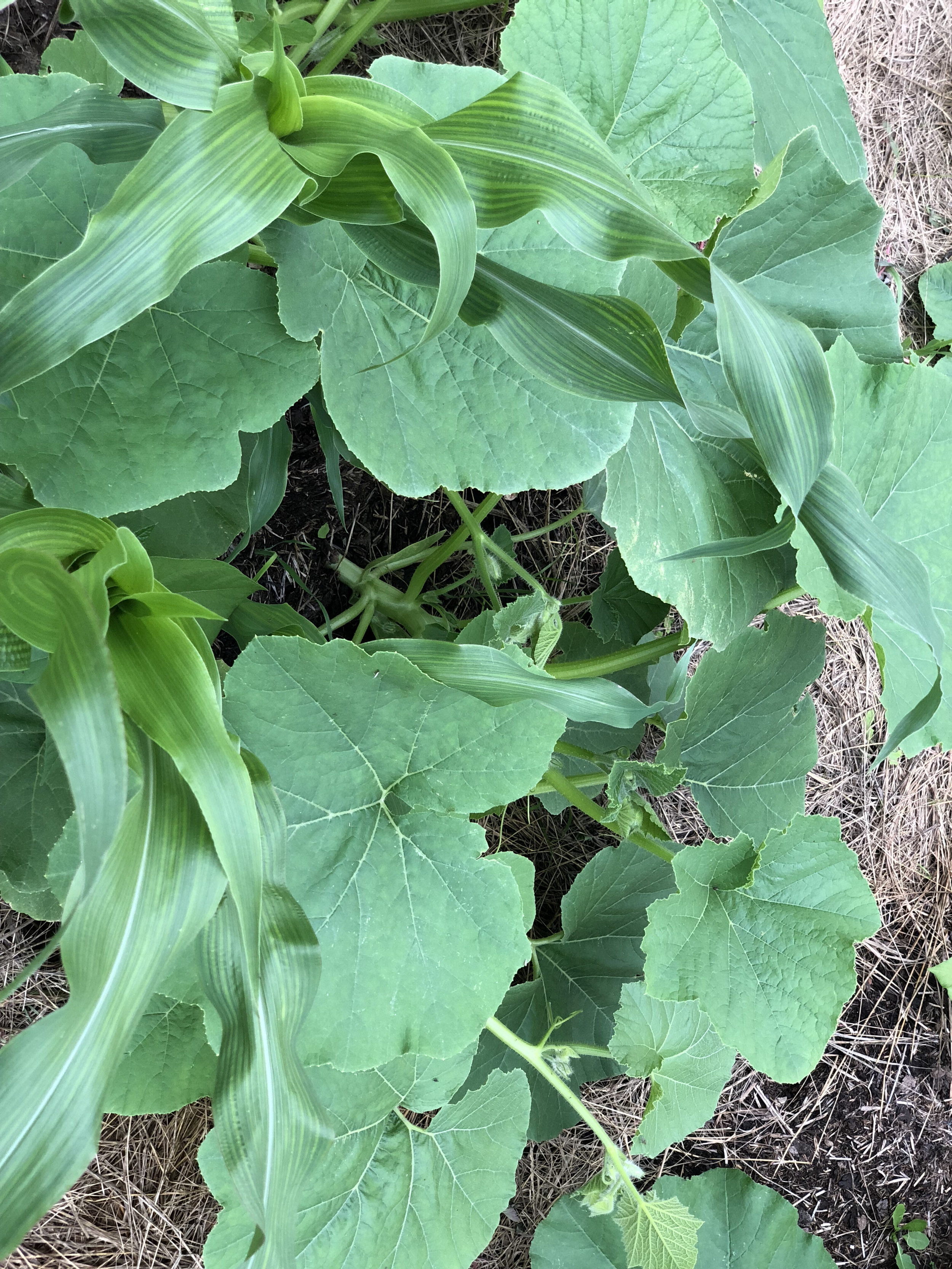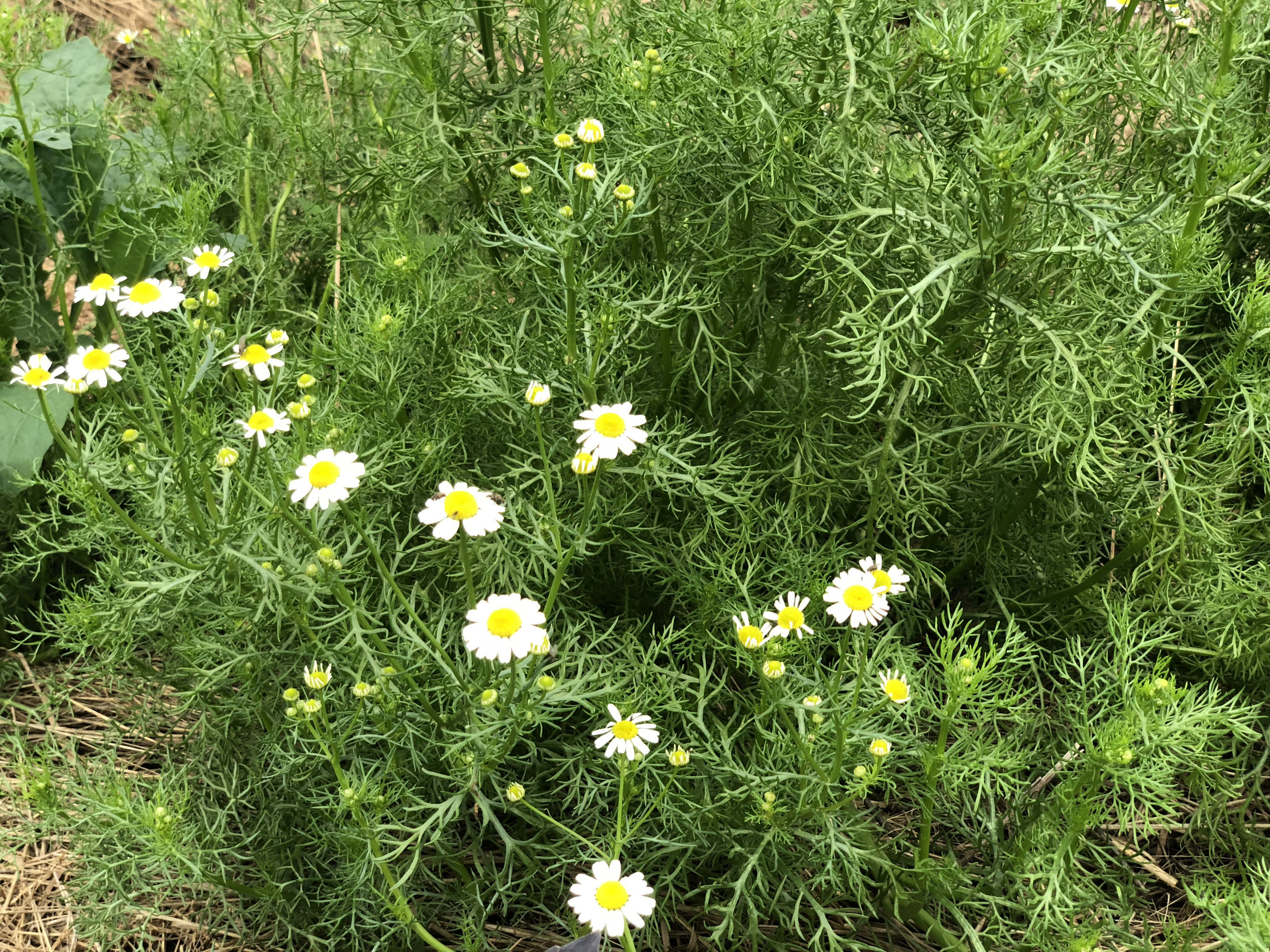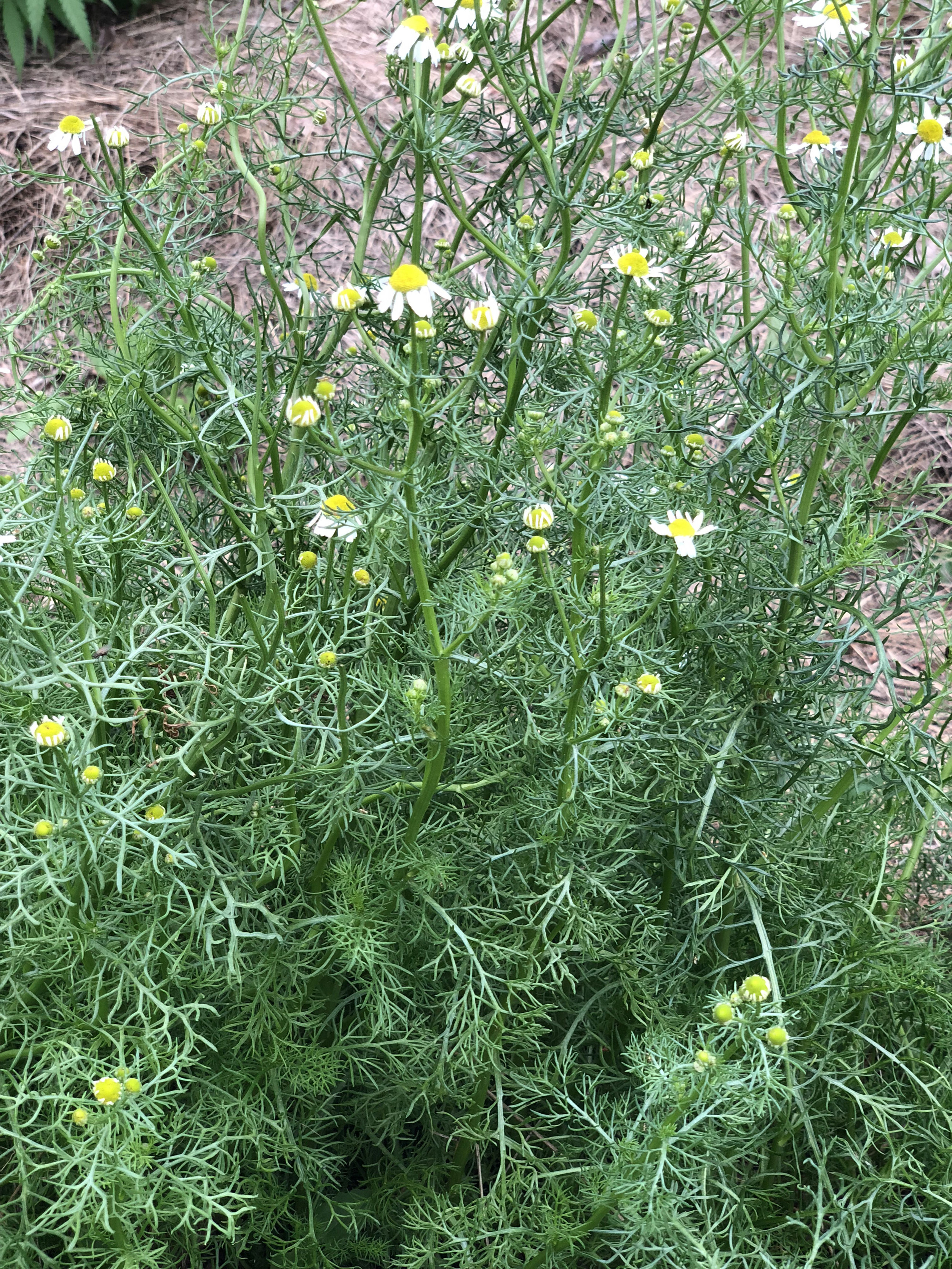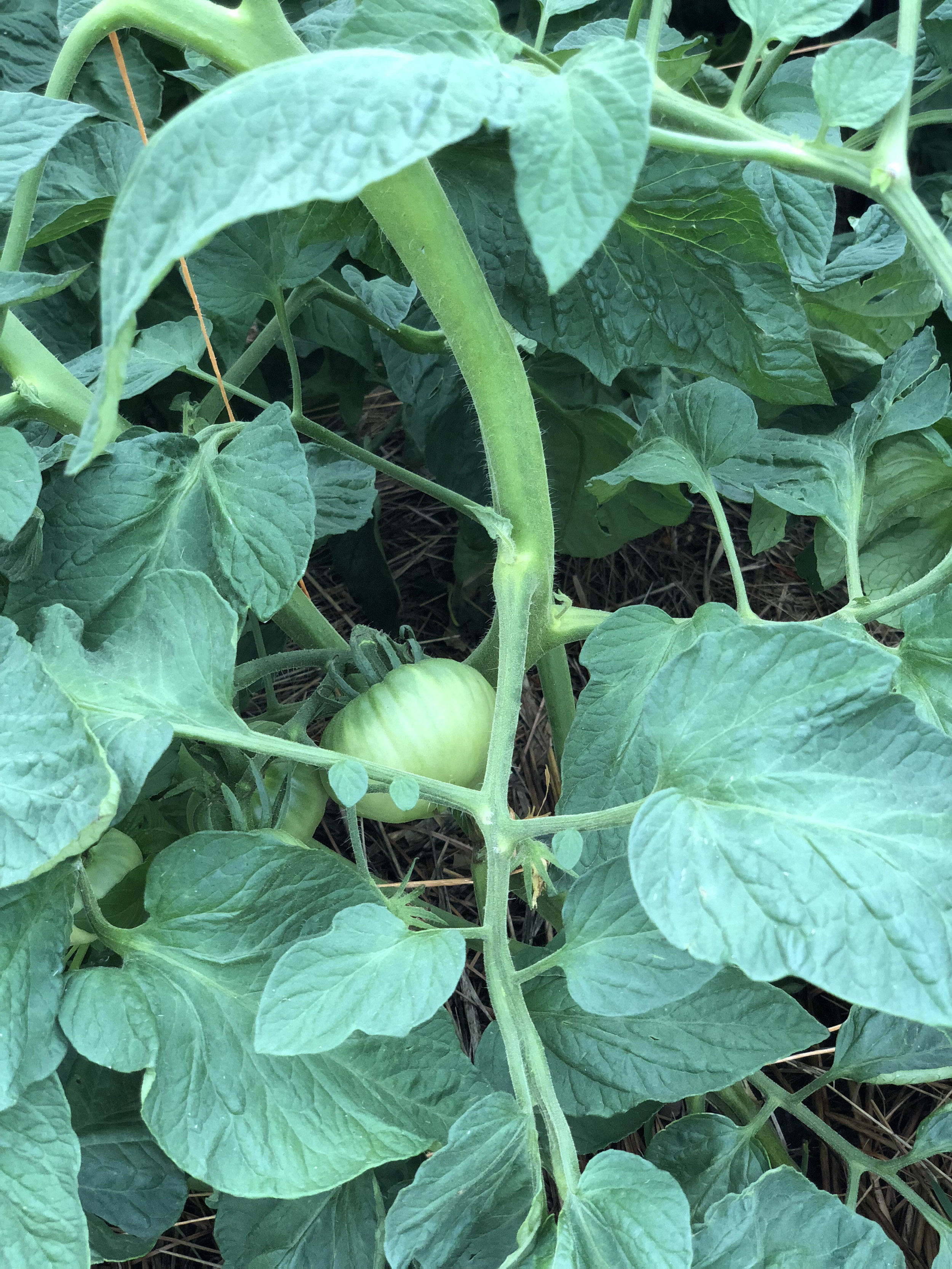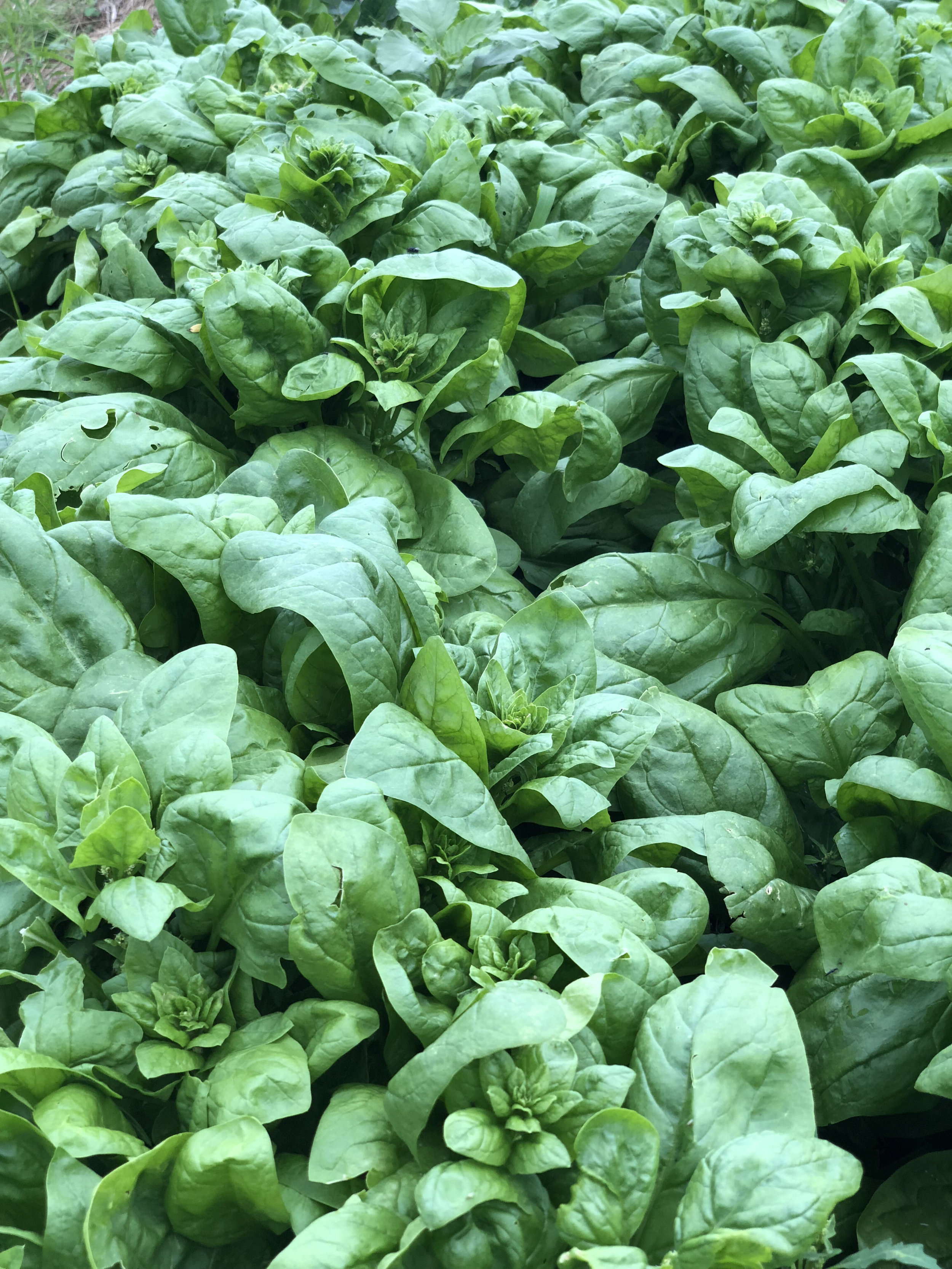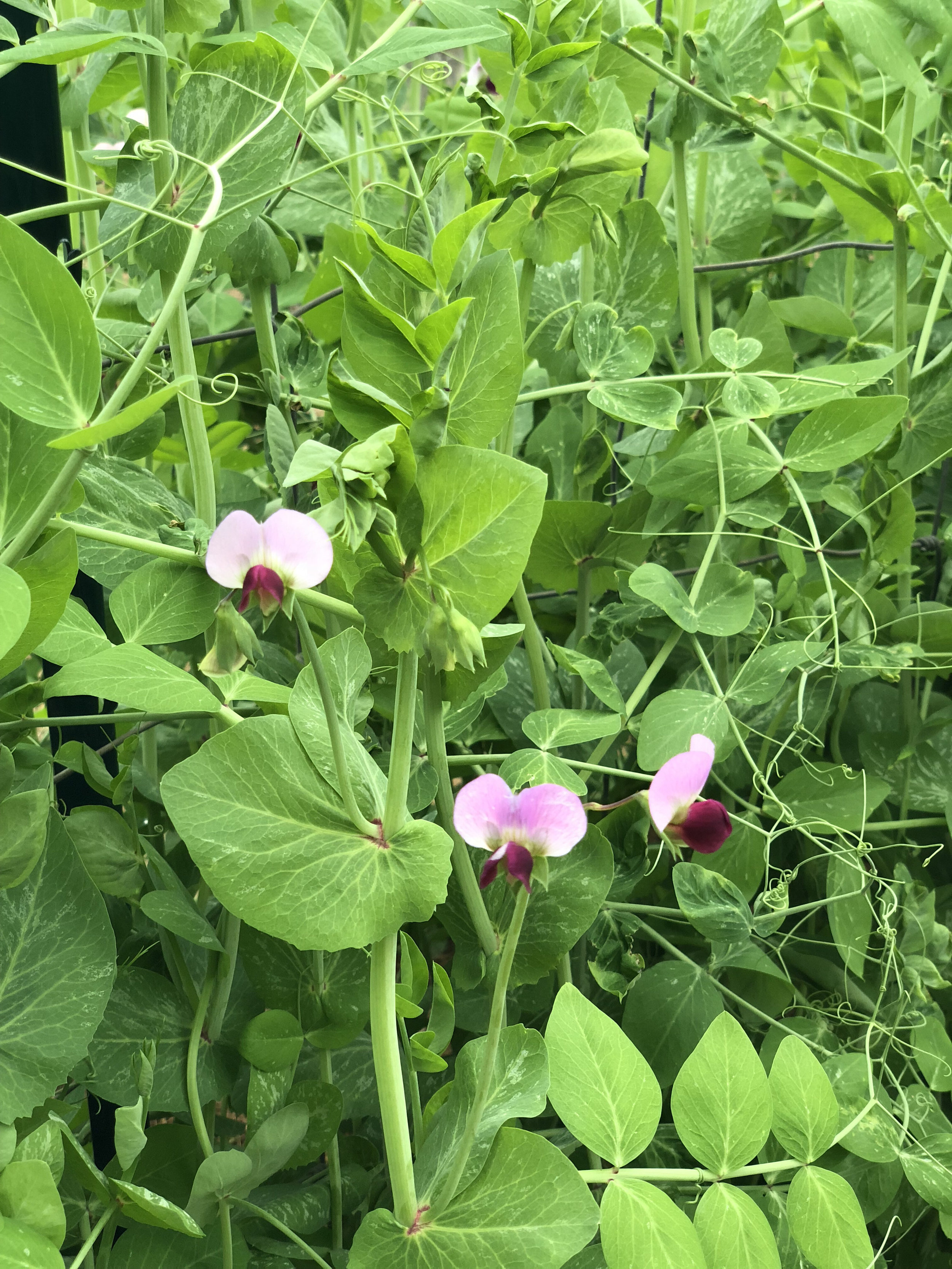Our Heritage
FOOD SOVERIGNTY
With the purchase of the Winona’s Hemp and Heritage Farm in the fall of 2017, we have been able to synchronize and plan our fields of heritage corn, beans, squash, Jerusalem artichokes, potatoes , tobacco and now hemp. We are also working to cultivate perennials in one of our fields.
The varieties are grown with a combination of manure and fish fertilizer, with some small scale cultivation using both ponies and a tractor.
We are going to run an integrative farming operation where we will also be growing all our heritage seeds like our corn, beans, squash, potatoes, and our ceremonial tobacco. The issue of local and traditional food production remains central to my heart. In 2008, I did a study on my reservation that found that the tribal food economy was hemorrhaging money, noting that of the $8 million spent by households on food, almost all of it was spent off reservation. Furthermore, that which was spent on-reservation was at convenience stores, buying primarily fast food. I want my people to have access to our traditional foods and I want our tribal youth to learn how to grow it.
There is wealth in maintaining our traditions alive. We will be establishing a training institute for indigenous foods and hemp farming and working with our youth to create the next generation of Anishinaabe farmers.
It’s important for our youth to have a connection with our ancestral foods. At Winona’s Hemp & Heritage Farm we will teach them how to keep their relationship to our traditional foods alive and how to sustain a regenerative economy that is kind to the Earth, I call this the next economy, that’s what we are about.

